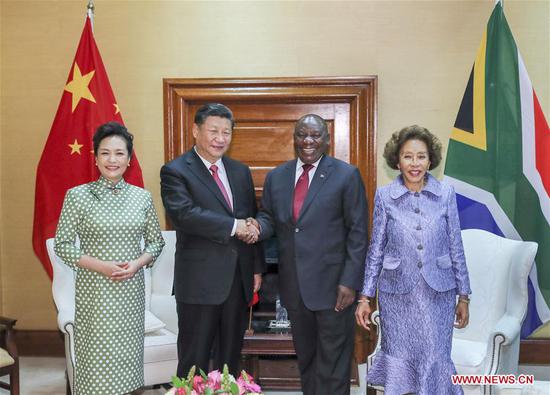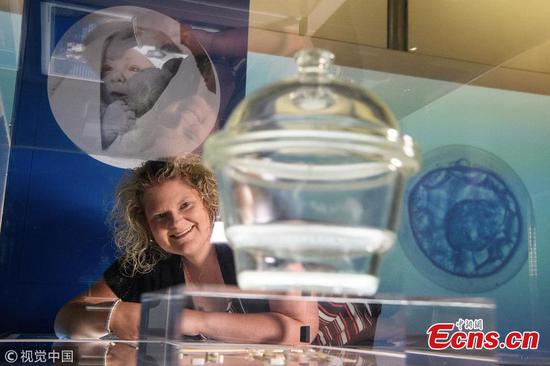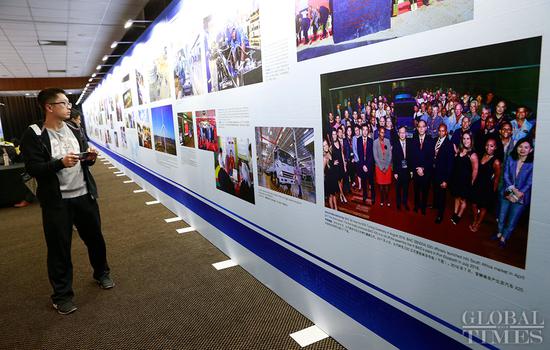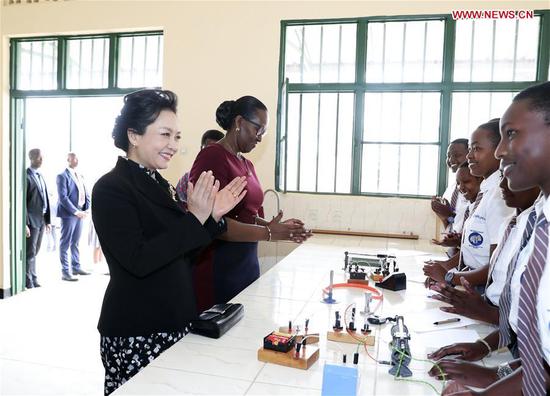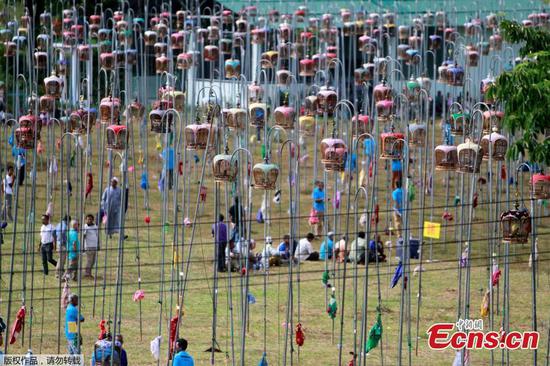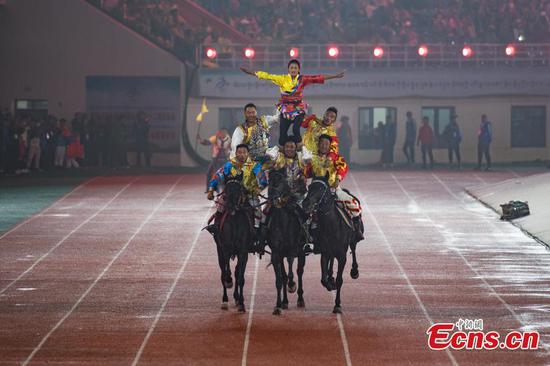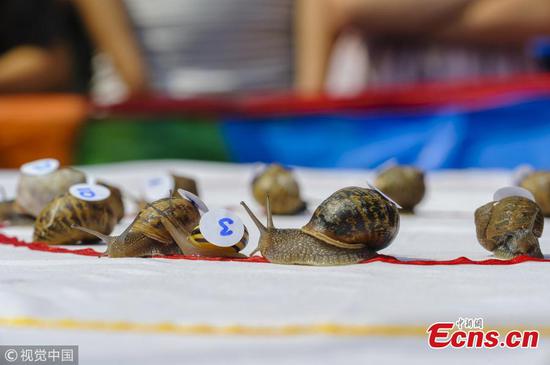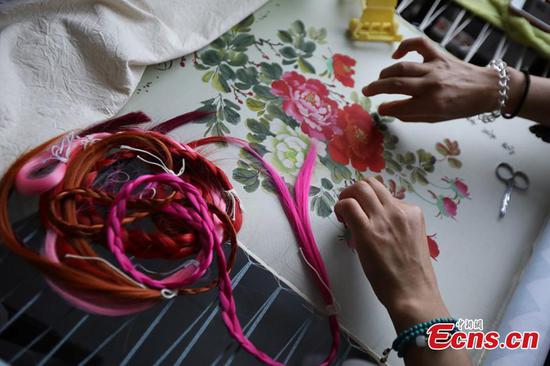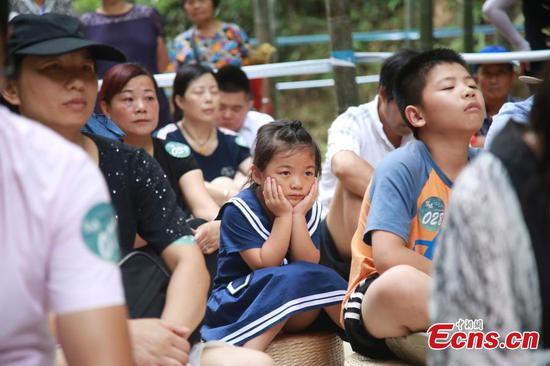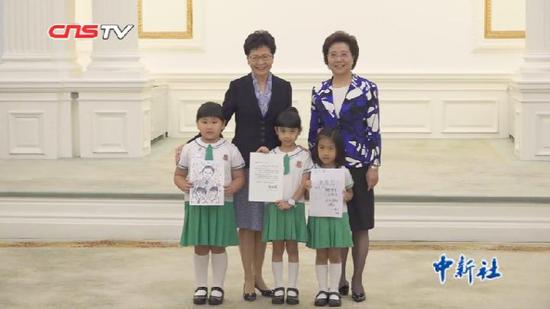China will intensify research to improve laws and regulations to ensure the right of unmarried women to give birth, the top health authority said in response to appeals to give single women access to assisted reproductive technologies.
The law does not ban unmarried women from giving birth, and children born out of wedlock have the same rights as those born of married couples, the National Health Commission said in a statement provided to China Daily.
However, it is against tradition that single women give birth, and the lawful rights of children should also be considered in making related regulations, the commission said. Although there have been public appeals to allow single women to use assisted reproductive technology, in reality few single women have done so, it said.
In June, Li Jun, a lawyer at the Dehehantong Law Firm in Shanghai, sent an application to the commission by express mail requesting it to revise regulations that forbid single women to use assisted reproductive technology.
Li said on Tuesday she had yet to receive a reply from the commission.
The regulation is outdated and contradicts demands from some single women, she said.
"Application of assisted reproductive technology should not discriminate against certain groups based on their sexual orientation or marriage status," Li said.
"The government has the responsibility to give women the freedom to choose birth methods and guarantee their rights of birth. At least women should not be deprived of rights to use assisted reproductive technologies."
One poll seems to indicate that the public agrees.
According to an online survey conducted by China Daily in which about 50,000 netizens participated by Tuesday, 99.4 percent said they are in favor of single women having the right to have a child through assisted reproductive technology.
Li said she knows some single women who want to use the technology to have children because they do not have a boyfriend or because they are homosexual, but were unable to do so due to policy restrictions.
Abolishing the restriction is also in line with China's relaxation of family planning policy to encourage every couple to have two children to ease concerns about a dwindling labor force, she said.
"We hope to see a clear timetable for change, and that the public can participate in the discussions for the change," she said.
Zhan Yingying, a Beijing resident who will turn 30 in September, said she is not married and is busy with work, so for the present she will not have a baby.
"But I want to have a baby later," she said. "I want to have my eggs frozen for future use, but could not find a hospital that would perform the procedure."
Zhan said she has many friends, including some who have broken up with their boyfriends or do not want to get married again, who share similar ideas, and some have been to Jilin province, where the provincial health authority allows single women to access assisted reproductive technologies, but they were also denied.
"No hospital will agree to freeze eggs for them," she said. "They fear risks as the national regulation forbids it."
Only a national regulation will ensure single women have access to assisted reproductive technologies in China, she said.
Wang Aiming, a professor of assisted reproductive medicine at Navy General Hospital in Beijing, said the demand for assisted reproductive technology, including from single women, has been increasing in recent years.
"The hospital has never done assisted reproductive procedures, such as freezing eggs, despite inquires," she said.
Ethical issues must be considered before changing the regulation, she said, adding that she does not see a change to allow single women to have access to assisted reproductive procedures anytime soon.
"Allowing it may be unfair to children born of single parents," he said. "In addition, it will have a negative effect on the whole of Chinese society, because it goes against traditions of family."
Li, the lawyer, said children born to a single parent can also have the same rights as those born to two parents. There should be no difference as long as society is friendly to such groups, and the parent devotes enough attention in child raising and education.











